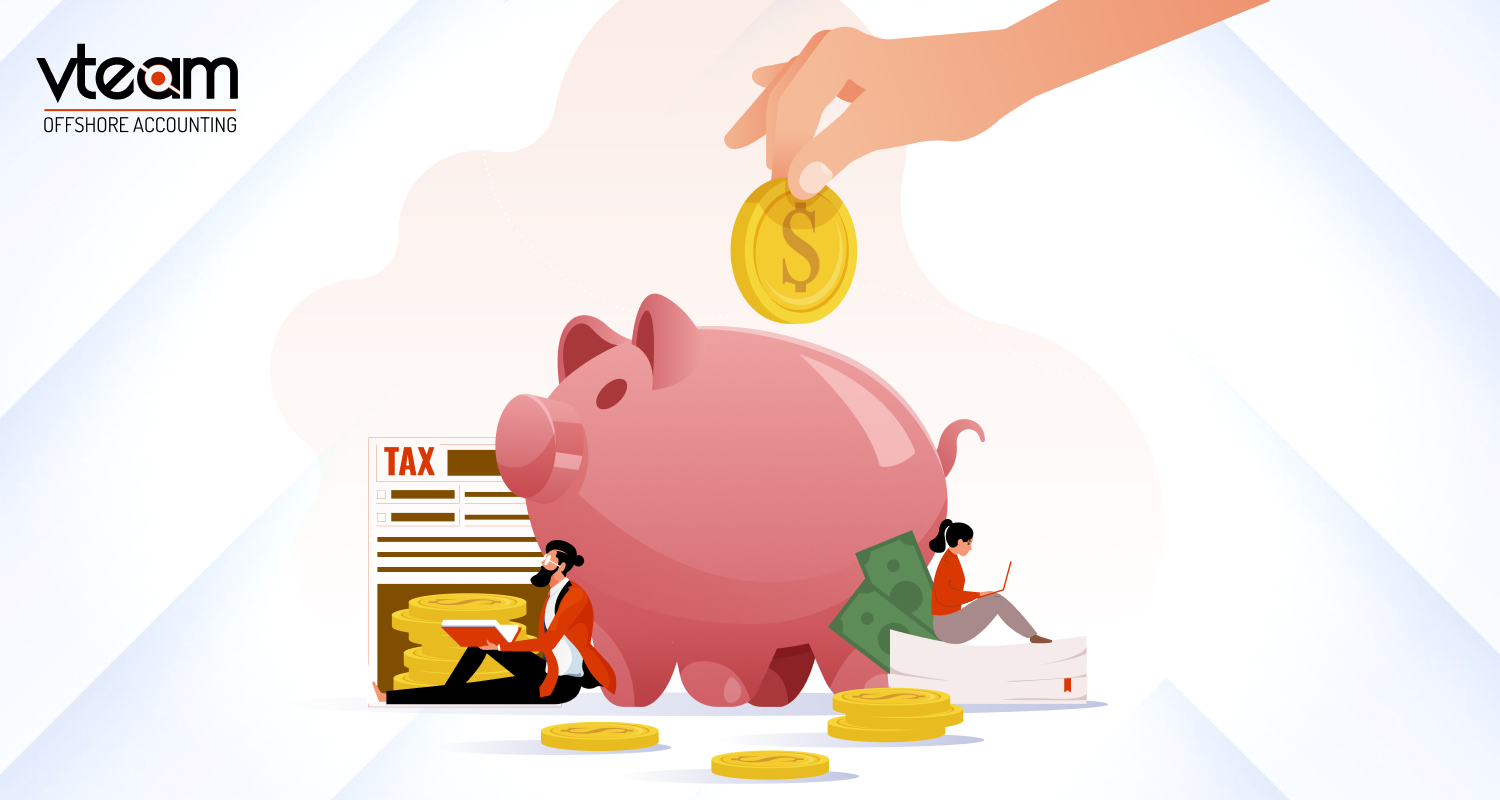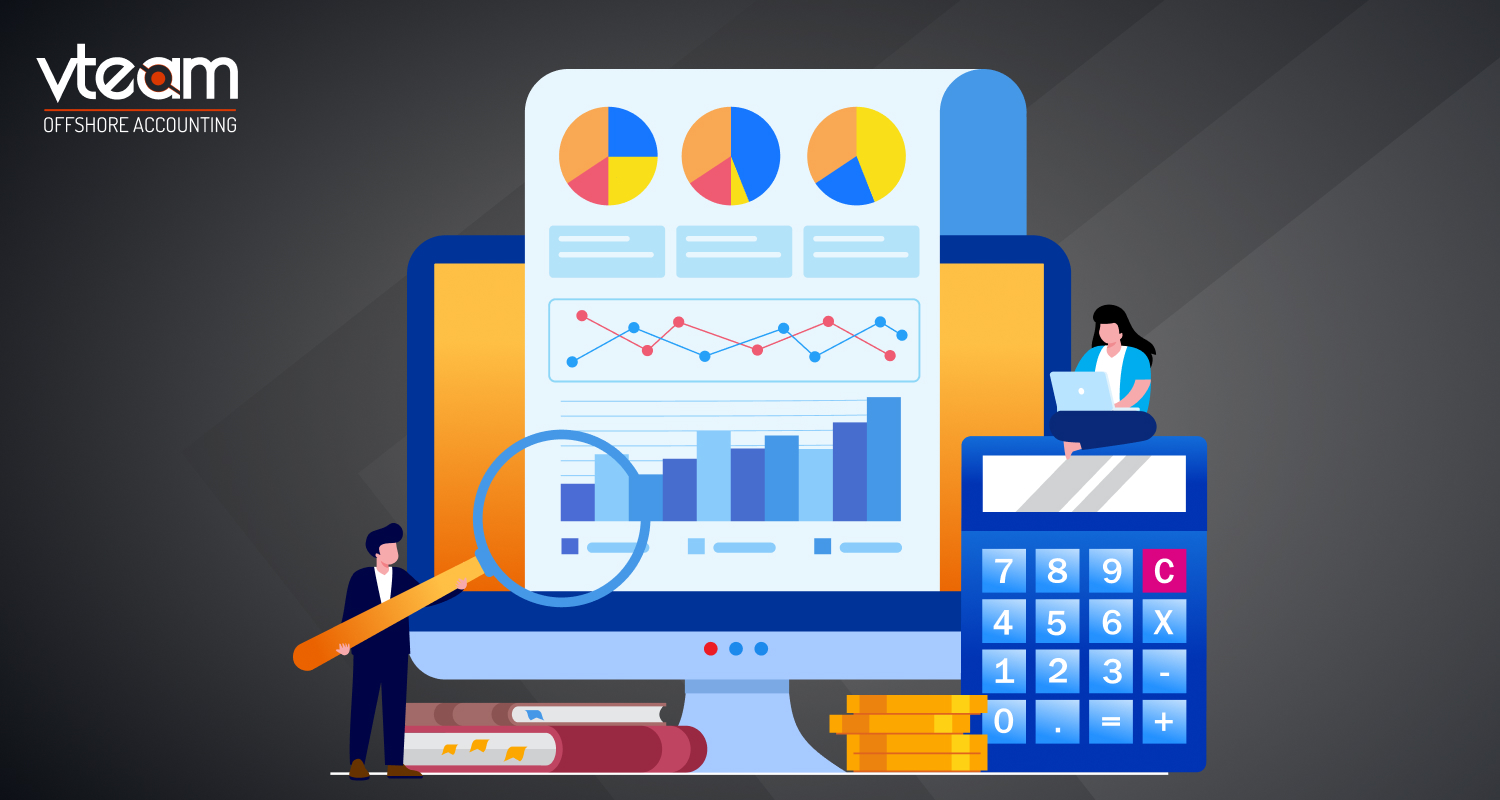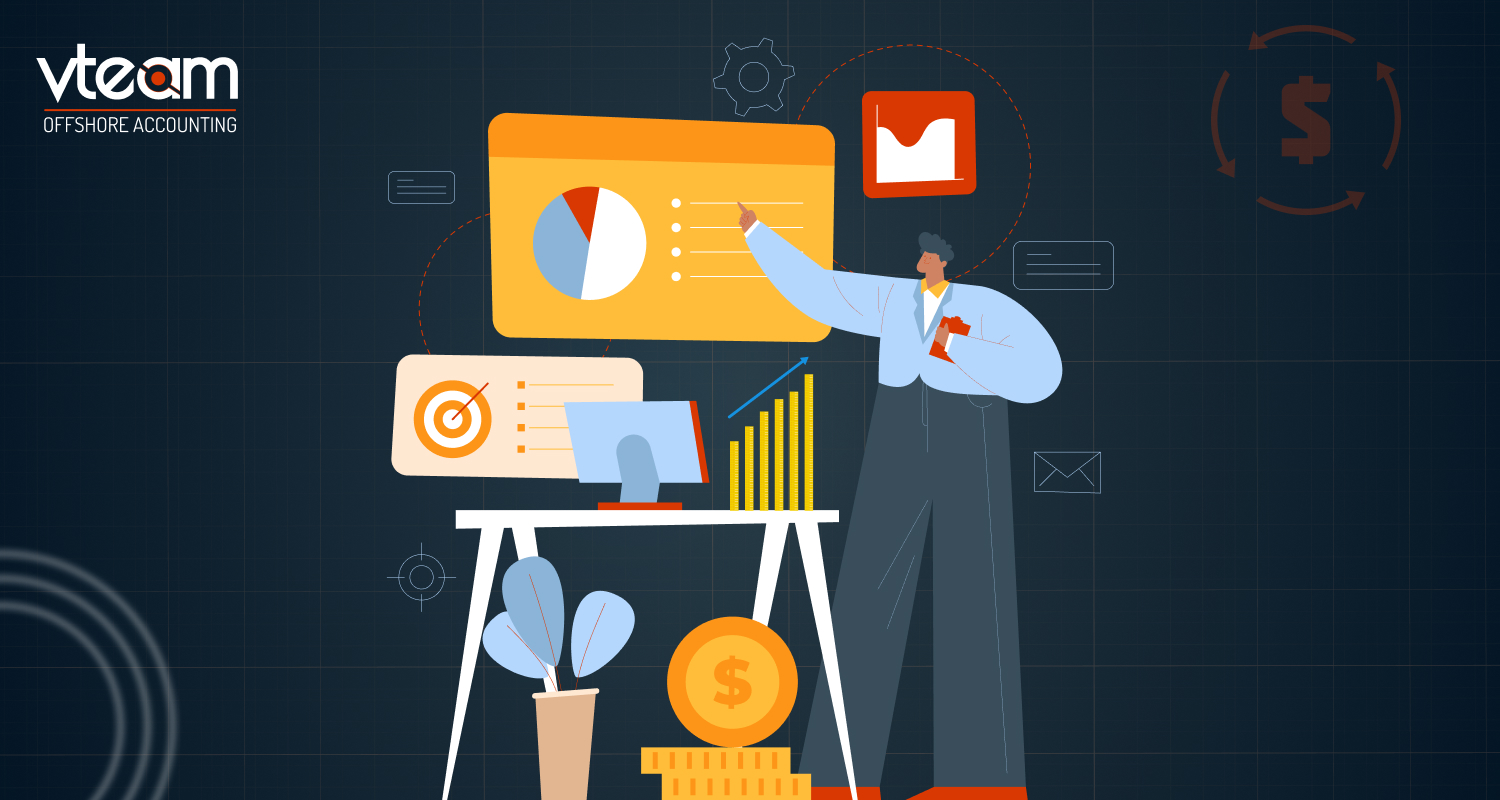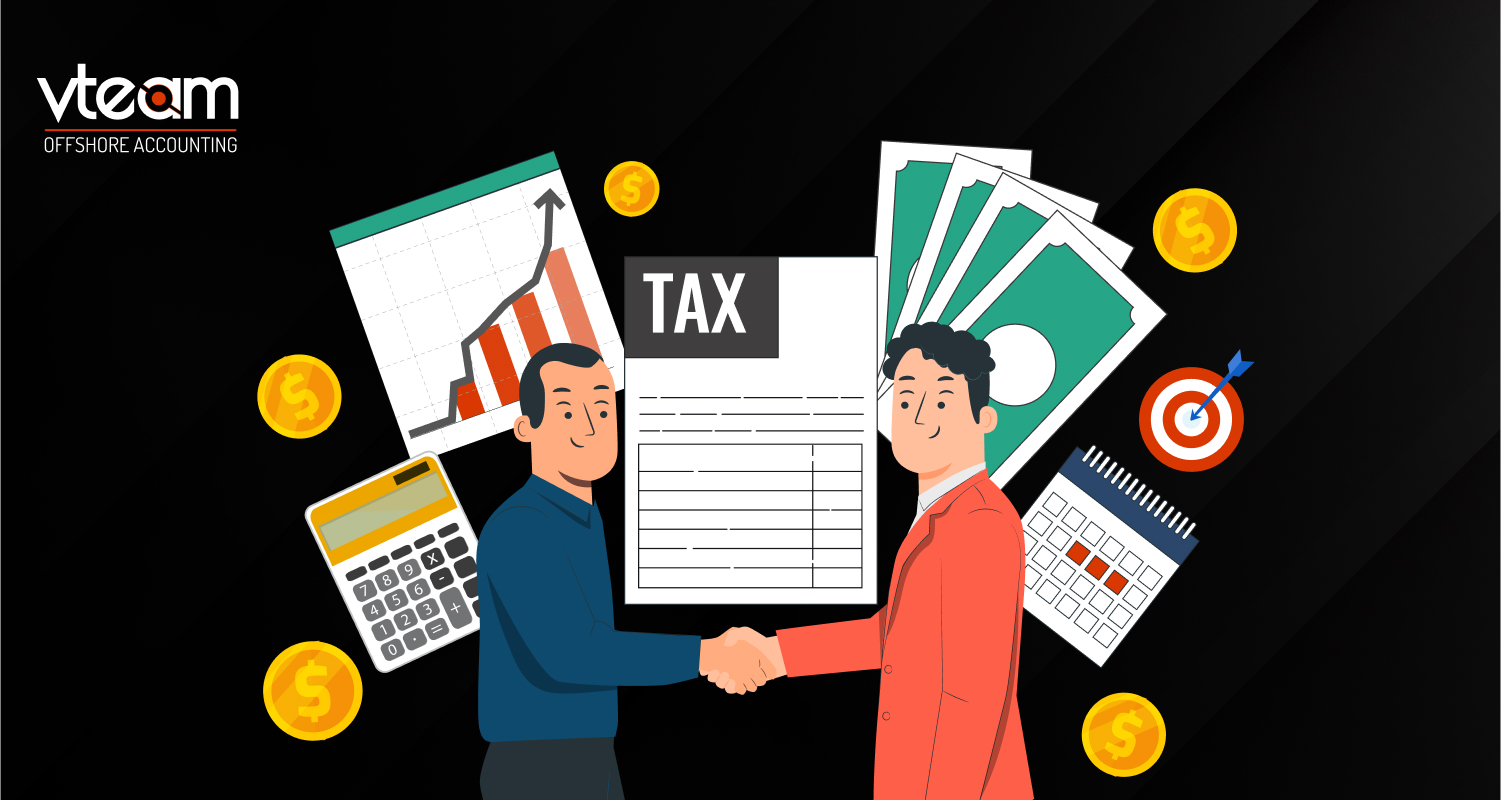Tax season. Just the mention of it can send shivers down your spine. Between gathering documents, deciphering complex forms, and navigating ever-changing tax laws, tax preparation can feel overwhelming. But what if there was a way to not only make the process smoother but also save money?
This blog delves into the world of tax preparation cost savings. We’ll explore the benefits of both DIY (do-it-yourself) and professional tax preparation services, helping you determine the most cost-effective option for your situation. We’ll also equip you with valuable tips to maximize your savings, whether you choose to tackle your taxes yourself or leverage the expertise of a professional.
Understanding Tax Preparation Costs
Before diving into cost-saving strategies, let’s understand the landscape of tax preparation costs.
Tax preparation services encompass all the assistance you can receive with filing your tax returns. This can range from basic data entry and form completion to complex tax planning and filing strategies. Here are some common types of tax preparation services:
- Do-It-Yourself (DIY) Software: Online tax preparation software offers a user-friendly platform to guide you through filing your own return. While it can be cost-effective, it might not be suitable for everyone.
- Tax Preparers: Certified tax preparers can assist with basic tax return filing and offer guidance on straightforward tax situations.
- Enrolled Agents (EAs): EAs are federally licensed tax professionals who can represent taxpayers before the IRS. They offer a wider range of expertise than basic tax preparers.
- Certified Public Accountants (CPAs): CPAs are the highest credentialed tax professionals with extensive knowledge of tax law and accounting principles. They are best suited for complex tax situations or business owners.
Factors Influencing Tax Preparation Costs
The cost of taxation outsourcing services depends on several factors:
- Complexity of your Tax Return: The number of income sources, deductions, and credits you have impacts the complexity of your return and ultimately influences the cost.
- Tax Professional’s Credentials: The level of expertise required dictates the fees charged. CPAs typically charge the most, followed by EAs and then tax preparers.
- Type of Services Needed: Basic tax return filing will cost less than services like tax planning or audit representation.
- Software Used: DIY software subscription fees vary depending on the features offered.
Common Pricing Structures for Tax Preparation Services
Tax professionals often employ different pricing structures. Here are some common models:
- Hourly Rate: You are charged for the time the professional spends working on your return.
- Flat Fee: A pre-determined fee is agreed upon before services begin. This is common for simpler tax situations.
- Tiered Pricing: Different pricing tiers are offered based on the complexity of your return.
Also Read : What Is Global Minimum Tax? Best Strategies For Multinational Businesses
Methods to Calculate Tax Preparation Cost Savings
Now comes the exciting part: calculating your potential savings! There are two primary approaches to consider:
Comparison of DIY (Do-It-Yourself) vs. Professional Services
Pros and Cons of DIY Tax Preparation
- Pros: Less expensive, convenient for simple tax situations, sense of accomplishment.
- Cons: Time-consuming, potential for errors, missing out on deductions and credits, stress-inducing.
Pros and Cons of Hiring Professional Services
- Pros: Expertise ensures accuracy, maximization of deductions and credits, saves time and stress, peace of mind.
- Cons: Costly, may not be necessary for straightforward returns.
Estimating Time and Effort Saved with Professional Services
Imagine the hours you could reclaim by handing off tax preparation to a professional. Factor in the time you would spend gathering documents, navigating forms, and researching deductions. Professional services can free up valuable time, allowing you to focus on other priorities.
Evaluating Potential Deductions and Credits with Professional Assistance
Qualified tax professionals have the knowledge and experience to identify deductions and credits you might miss on your own. This can translate to significant tax savings that outweigh the cost of professional services.
Tips for Maximizing Tax Preparation Cost Savings
Here are some strategies to further optimize your tax preparation outsourcing journey, whether you choose DIY or a professional:
Organizational Strategies to Streamline the Process
- Gather all your tax documents throughout the year to minimize last-minute scrambling.
- Utilize a dedicated folder or online storage system to keep your tax documents organized.
- Consider using bookkeeping software to track your income and expenses, simplifying tax preparation.
Leveraging Technology for Efficiency
Many tax preparation software programs, both DIY and professional, offer features that can significantly enhance efficiency and potentially save you money. Here’s how technology can be your tax prep ally:
- Automated Data Import: Some software allows you to import data directly from your bank, investment accounts, and payroll providers. This eliminates the need for manual data entry, reducing errors and saving valuable time.
- Audit Risk Assessment Tools: Certain software programs can analyze your return and identify potential red flags for an IRS audit. This allows you to address any discrepancies beforehand, potentially saving you from the stress and cost of an audit later.
- Online Support and Resources: Many software providers offer online tutorials, FAQs, and access to tax professionals within the platform. This readily available support can answer your questions quickly and efficiently, saving you from costly consultations.
- Mobile App Convenience: Several tax preparation software programs offer mobile apps that allow you to access your return, upload documents, and even connect with a tax professional on the go. This flexibility allows you to work on your taxes at your convenience, maximizing your time.
Also Read : Preparing For Tax Day: A Guide For Small Businesses
Importance of Early Planning and Preparation
Don’t wait until the last minute! Here’s why early planning is key:
- Research Deadlines and Tax Law Changes: Familiarize yourself with tax filing deadlines and any recent changes in tax law. This will help you avoid penalties and ensure you’re taking advantage of all available deductions and credits.
- Gather Documents Throughout the Year: Don’t wait until tax season to collect your W-2s, 1099s, and other tax documents. Keeping them organized throughout the year saves you the hassle of last-minute searches.
- Consider Tax Implications of Major Life Events: If you experienced major life events like marriage, childbirth, or homeownership, research the potential tax implications beforehand. Early planning can help you maximize your deductions and credits related to these events.
Conclusion
By understanding the cost factors of tax preparation and employing the strategies outlined above, you can make informed decisions about maximizing your tax preparation cost savings. Remember, the “best” option depends on your individual circumstances. If your tax situation is relatively straightforward, DIY software might be a viable choice. However, for complex tax scenarios, the expertise and potential tax savings offered by a qualified professional can outweigh the cost.
For complex tax situations or if you require expert guidance, consider seeking the services of a reliable tax outsourcing service like Vteam. Our team of US tax specialists offers a comprehensive range of tax solutions services, including tax preparation, tax consultation services, and tax planning. We’re committed to helping you navigate the complexities of the tax code and achieve your financial goals.




